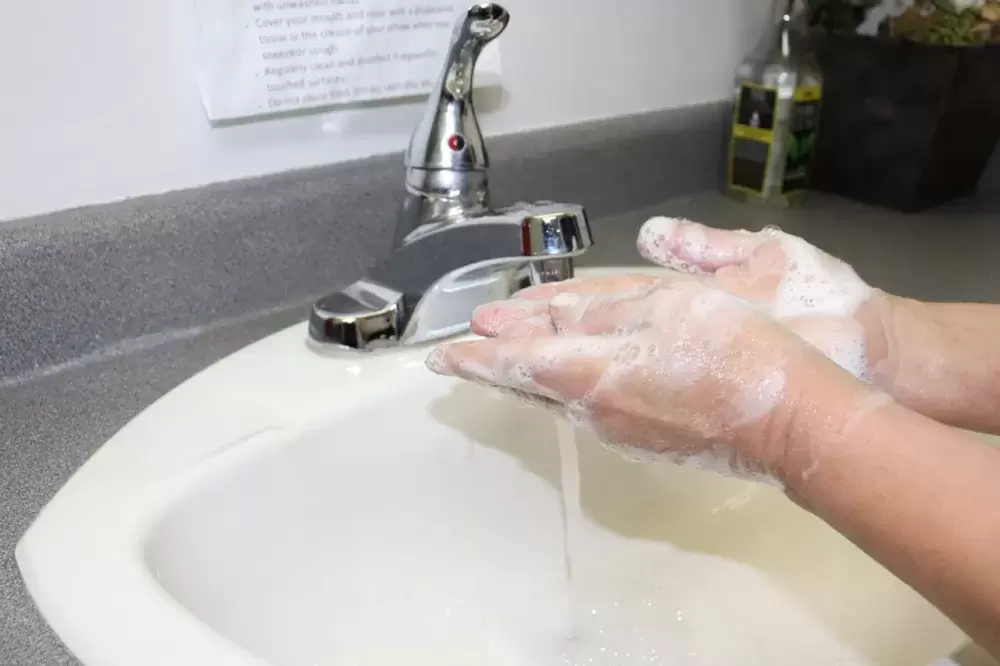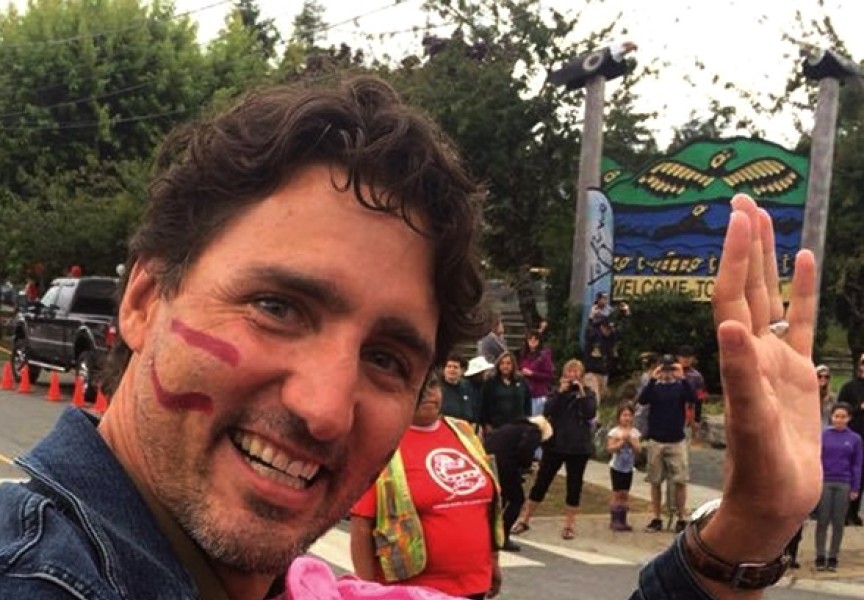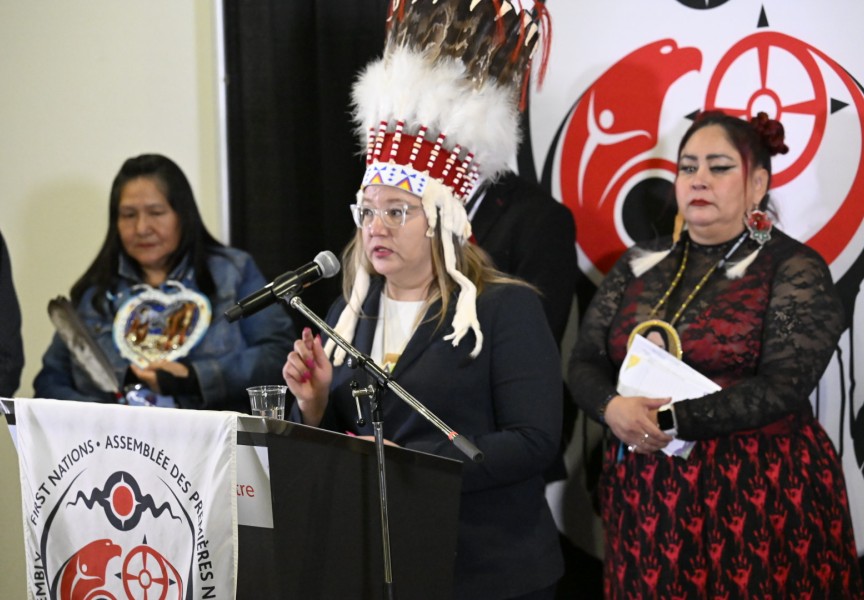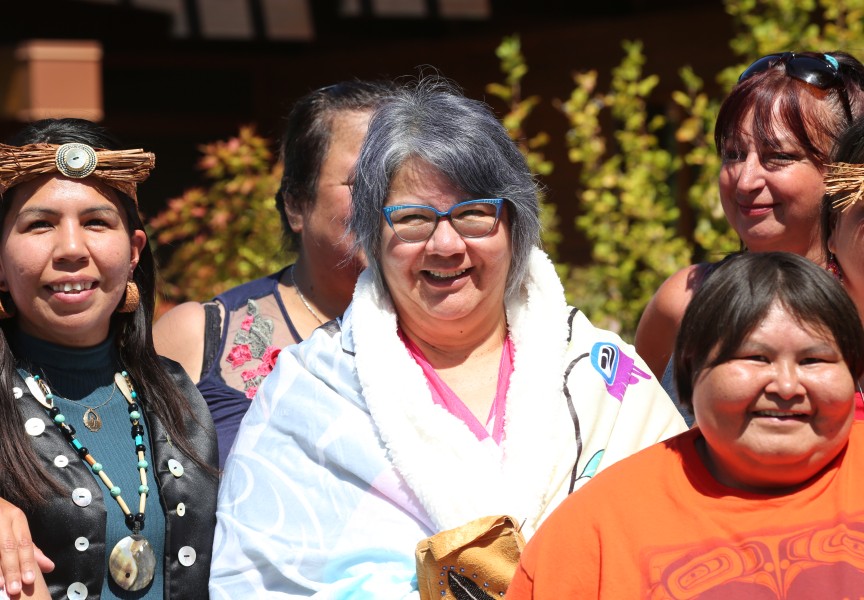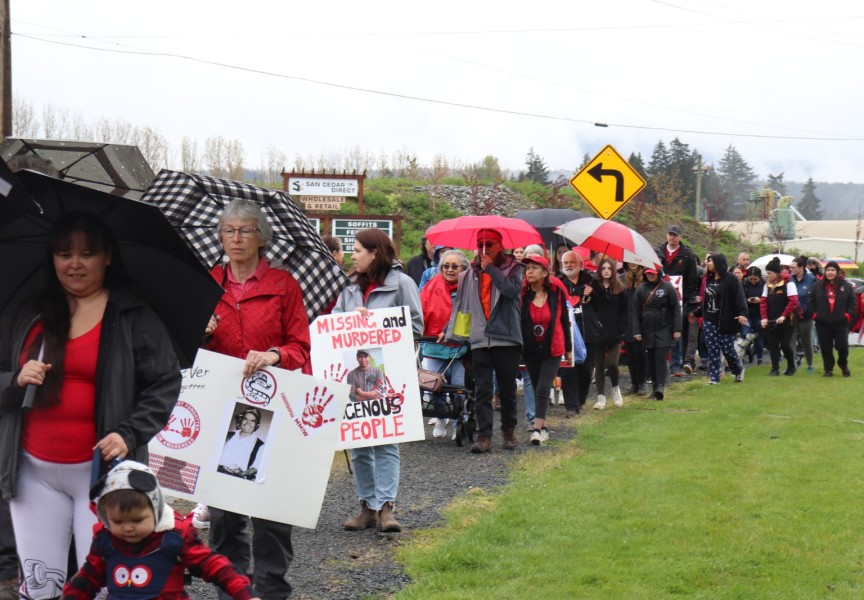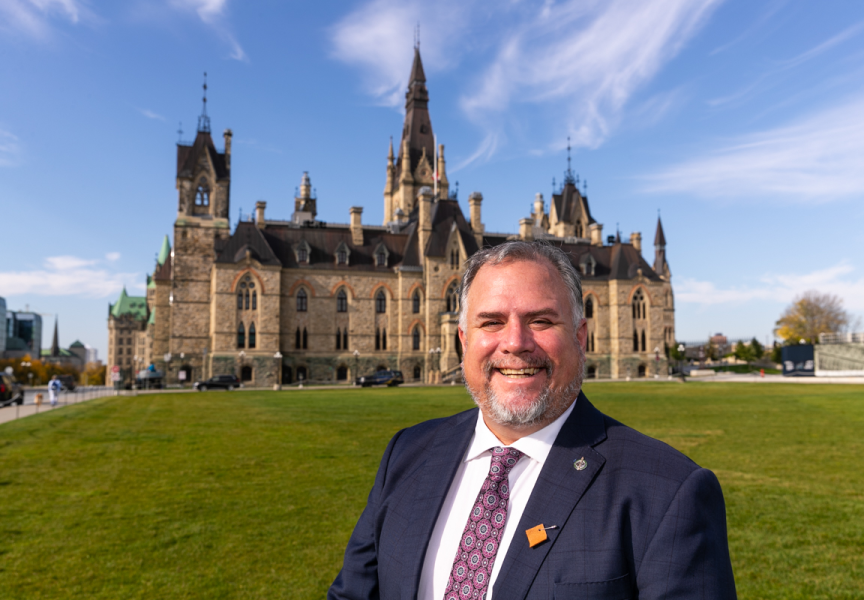As new cases of the coronavirus are announced each day, health authorities are tasked with balancing the need to inform the public on how to mitigate the spread of the disease while discouraging widespread panic.
Over the first two weeks of March British Columbia’s COVID-19 cases quadrupled to 39 as of March 11, all in the Vancouver Coastal and Fraser Health regions. Many of these patients came from cruise ships or travelling to international hotspots for the virus – but some have no recent travel history. One man in a North Vancouver nursing home has died with the disease.
“There has been a notable transmission of COVID-19 at events, such as religious gatherings,” reads a joint statement from B.C.’s Minister of Health Adrian Dix and Provincial Health Officer Dr. Bonny Henry. “As a result, we recommend social distancing and forgoing usual greetings. As an alternative, we recommend considering virtual online gatherings.”
Originating from the Wuhan region of China in late 2019, COVID-19 is a respiratory illness untreatable with medication that can lead to pneumonia or kidney failure. The virus is transmitted by liquid droplets when someone coughs or sneezes, and can enter through the eyes, throat or mouth – but not the skin, according to a notice distributed by the Nuu-chah-nulth Tribal Council’s nursing program.
“The virus is not known to be airborne,” states the notice. “It can be spread by touch if a person has used their hands to cover their mouth when they cough. That’s why we recommend you cough or sneeze into your arm and wash your hands regularly.”
With no cases reported in Indigenous communities, the First Nations Health Authority advised people to remain calm, while undertaking the usual precautions such as frequent hand washing, sanitizing door handles and staying home if sick.
“We have received some questions regarding the need for community members to wear face masks for protection from coronavirus,” stated the FNHA. “We do not recommend that the general public wear masks. Surgical masks are not designed for this purpose and are unlikely to provide significant protection.”
John Borrows, a professor at the University of Victoria Faculty of Law, noted that First Nations should be wary of the historic spread of diseases, such as smallpox and the Spanish flu, which devasted communities in the 1800s and early 20th century. He said on-reserve communities with high densities of people living under one roof could become particularly vulnerable to transmission.
“There’s been long histories of us having very high mortality rates in relationship to respiratory diseases,” said Borrows, noting that responsibilities can get lost in the transfer of health support from Ottawa to the provinces. “If people aren’t having their eye on the ball in relationship to these divisions of powers, we will end up falling between the cracks again.”

